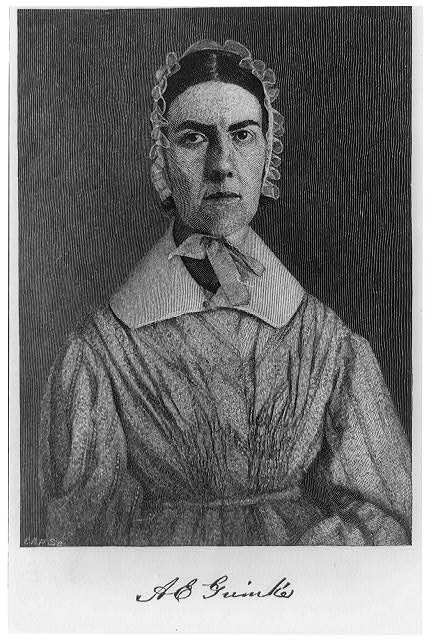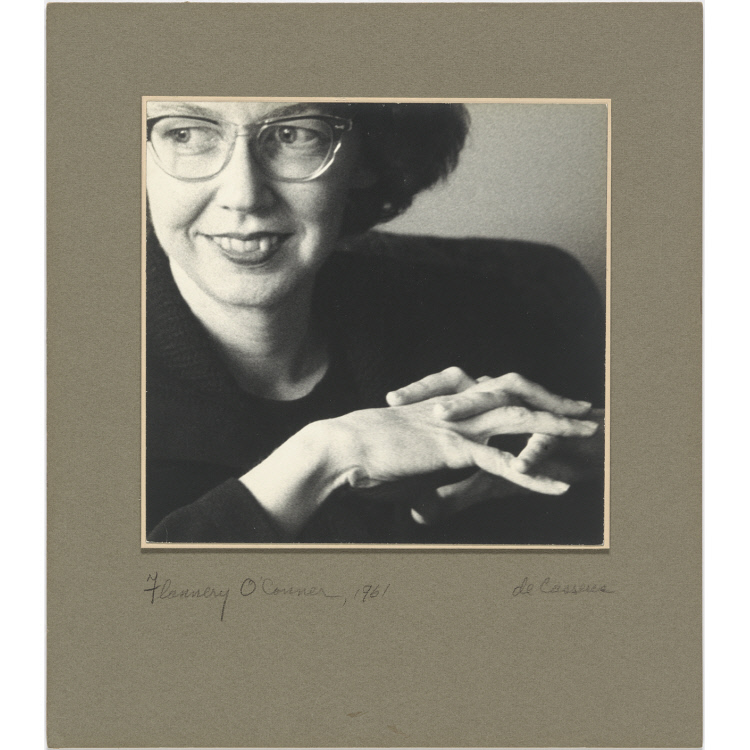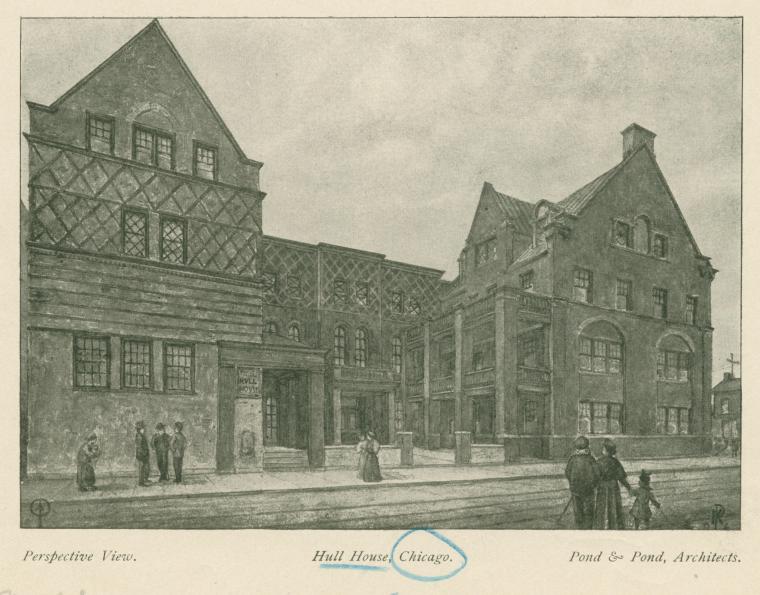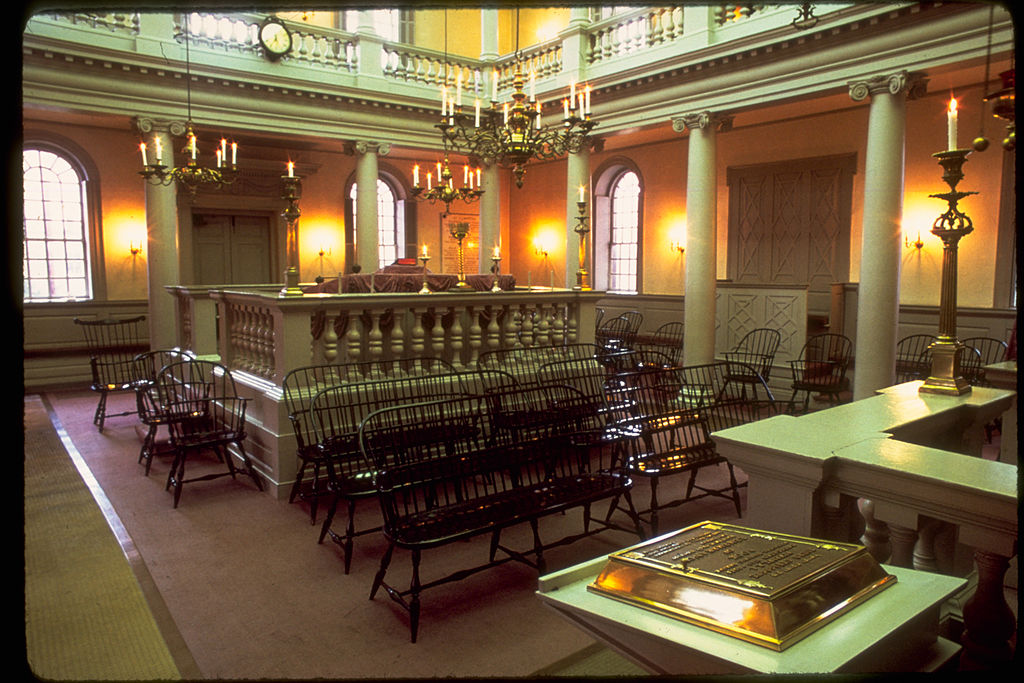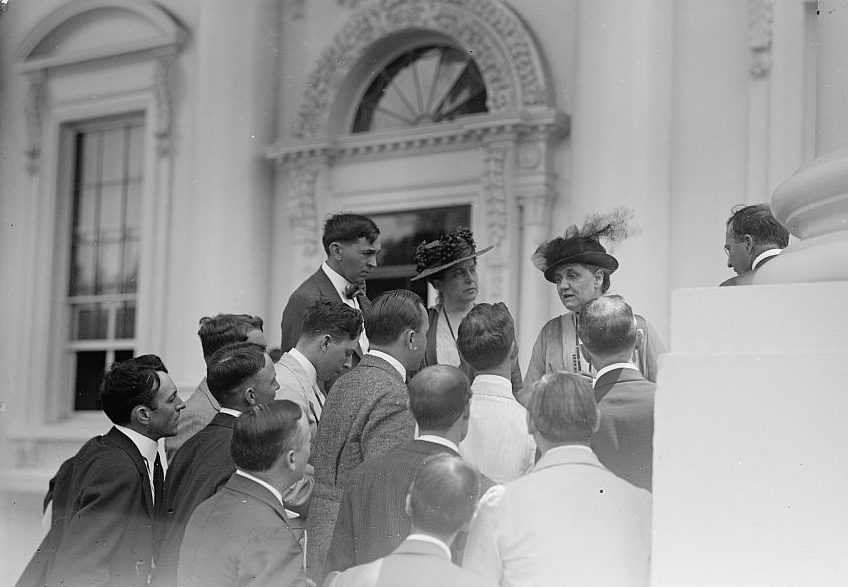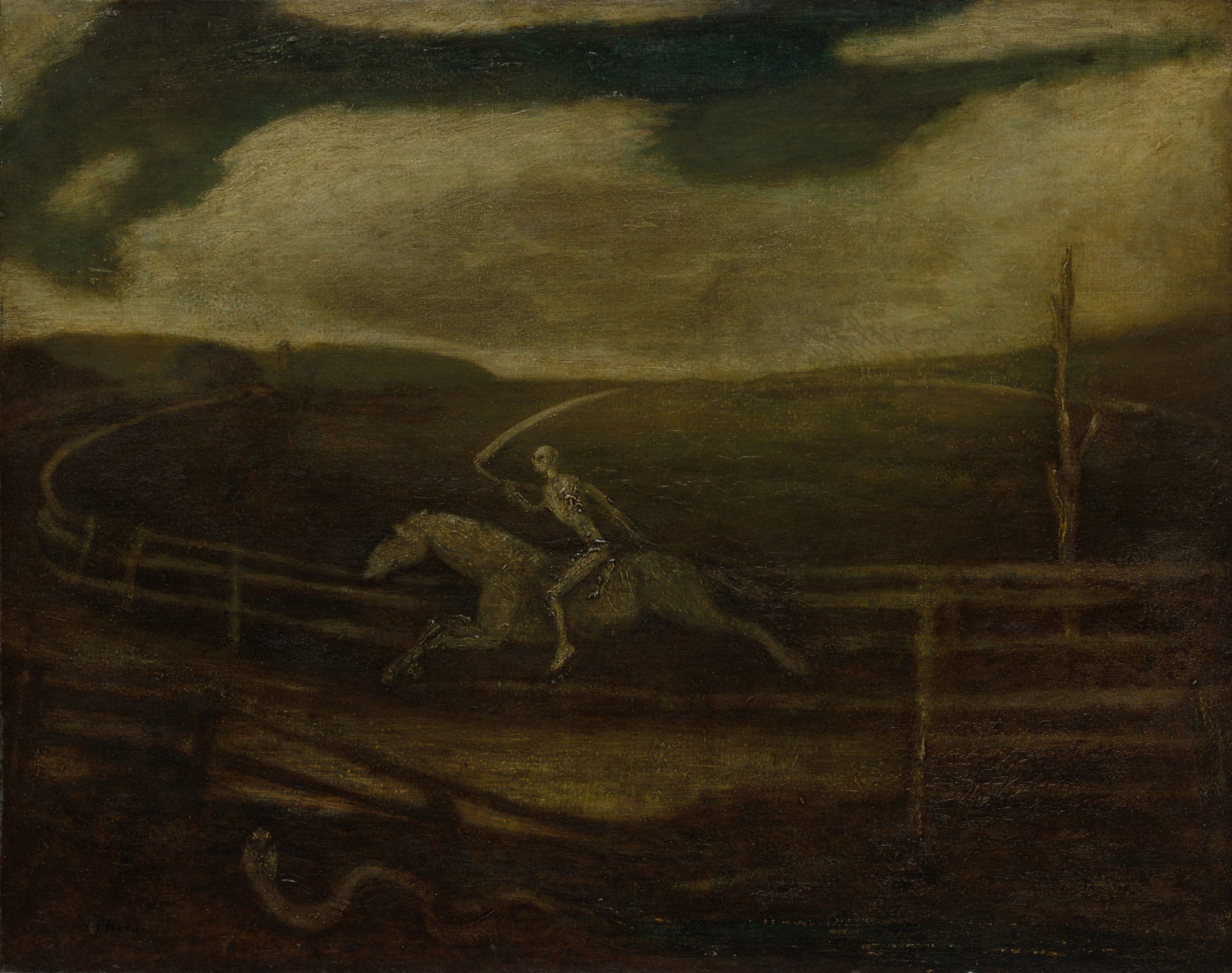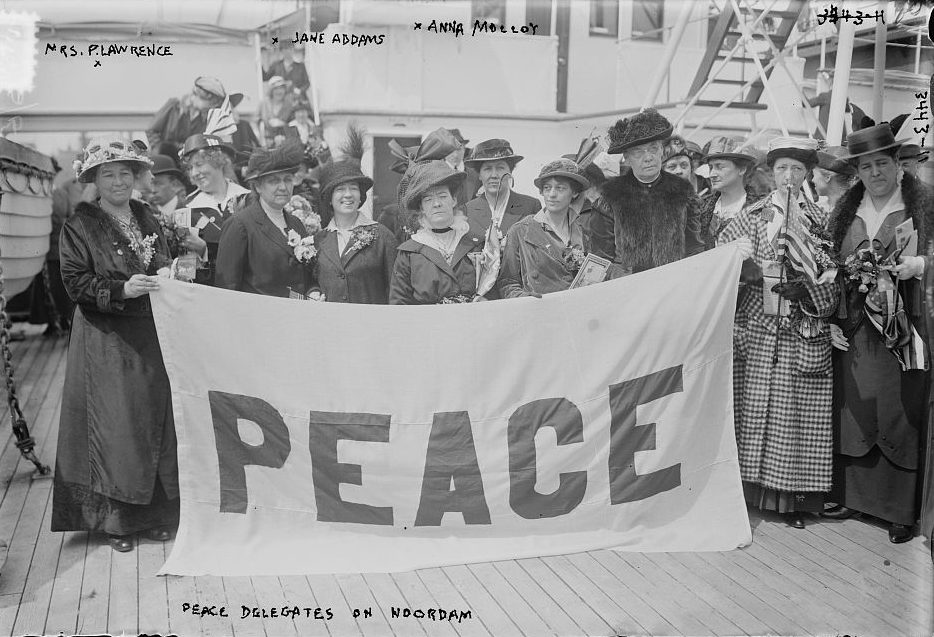“My Call to Preach the Gospel”
Jarena Lee
1819
Jarena Lee (1783–c. 1864), a free African American woman from Philadelphia became the first women licensed to preach by the African Methodist Episcopal (AME) Church in 1819 after she impressed Richard Allen, the denomination’s founder, with her extemporaneous speaking skills.
Introduction

“Jarena Lee,”frontispiece illustration in Jarena Lee, Religious Experience and Journal of Mrs. Jarena Lee (Philadelphia, 1849). Courtesy of the Library Company, https://librarycompany.org/.
Jarena Lee (1783–c. 1864), a free African American woman from Philadelphia became the first women licensed to preach by the African Methodist Episcopal (AME) Church in 1819 after she impressed Richard Allen, the denomination’s founder, with her extemporaneous speaking skills one Sunday morning when the scheduled male preacher was unable to address the congregation. Lee had actually spoken with Allen about her desire to preach the gospel over a decade earlier, but at that time, he had refused to sanction it due to her gender. With Allen’s support, Lee became a well-known itinerant preacher, speaking with great success to mixed-race congregations throughout the Mid-Atlantic, Old Northwest, and Northeast.
In this chapter taken from her autobiography, Lee recalls her initial call to preach along with Allen’s response and then questions the validity of his delayed recognition of her ministry. She presents herself both humbly and with great confidence as like unto the women and disciples who followed Jesus—poor, with little formal education, but inspired by the Holy Spirit to proclaim the life and resurrection message of Christ. That a black woman in antebellum America could publish such a statement of identity is striking.
Document Text
Between four and five years after my sanctification,1 on a certain time, an impressive silence fell upon me, and I stood as if someone was about to speak to me, yet I had no such thought in my heart.—But to my utter surprise there seemed to sound a voice which I thought I distinctly heard, and most certainly understood, which said to me, “Go preach the Gospel!” I immediately replied aloud “No one will believe me.” Again, I listened, and again the same voice seemed re-say—“Preach the Gospel; I will put words in your mouth, and will turn your enemies to become your friends.”
At first, I supposed that Satan had spoken to me, for I had read that he could transform himself into an angel of light for the purpose of deception. Immediately I went into a secret place, and called upon the Lord to know if he had called me to preach, and whether I was deceived or not; when there appeared to my view the form and figure of a pulpit, with a Bible lying thereon, the back of which was presented to me as plainly as if it had been a literal fact.
In consequence of this, my mind became so exercised, that during the night following, I took a text and preached in my sleep. I thought there stood before me a great multitude, while I expounded to them the things of religion. So violent were my exertions and so loud were my exclamations, that I awoke from the sound of my own voice, which also awoke the family of the house where I resided. Two days after, I went to see the preacher in charge of the African Society, who was the Rev. Richard Allen, the same before named in these pages, to tell him that I felt it my duty to preach the gospel. But as I drew near the street in which his house was, which was in the city of Philadelphia, my courage began to fail me; so terrible did the cross appear, it seemed that I should not be able to bear it. Previous to my setting out to go to see him, so agitated was my mind, that my appetite for my daily food failed me entirely. Several times on my way there, I turned back again; but as often I felt my strength again renewed, and I soon found that the nearer I approached to the house of the minister, the less was my fear. Accordingly, as soon as I came to the door, my fears subsided, the cross was removed, all things appeared pleasant—I was tranquil.
I now told him, that the Lord had revealed it to me, that I must preach the gospel. He replied, by asking, in what sphere I wished to move in. I said, among the Methodists. He then replied, that a Mrs. Cook, a Methodist lady, had also some time before requested the same privilege; who, it was believed, had done much good in the way of exhortation, and holding prayer meetings; and who had been permitted to do so by the verbal license of the preacher in charge at the time. But as to women preaching, he said that our Discipline knew nothing at all about it—that it did not call for women preachers. This I was glad to hear, because it removed the fear of the cross—but no sooner did this feeling cross my mind, than I found that a love of souls had in a measure departed from me; that holy energy which burned within me, as a fire, began to be smothered. This I soon perceived.
O how careful ought we to be, lest through our by-laws of church government and discipline, we bring into disrepute even the word of life. For as unseemly as it may appear now-a-days for a woman to preach, it should be remembered that nothing is impossible with God. And why should it be thought impossible, heterodox, or improper for a woman to preach I seeing the Saviour died for the woman as well as for the man.
If the man may preach, because the Saviour died for him, why not the woman seeing he died for her also. Is he not a whole Saviour, instead of a half one, as those who hold it wrong for a woman to preach, would seem to make it appear.
Did not Mary first preach the risen Saviour, and is not the doctrine of the resurrection the very climax of Christianity—hangs not all our hope on this, as argued by St. Paul? Then did not Mary, a woman, preach the gospel? for she preached the resurrection of the crucified Son of God.
But some will say that Mary did not expound the Scripture, therefore, she did not preach, in the proper sense of the term. To this I reply, it may be that the term preach in those primitive times, did not mean exactly what it is now made to mean; perhaps it was a great deal more simple then, than it is now—if it were not, the unlearned fishermen could not have preached the gospel at all, as they had no learning.
To this it may be replied, by those who are determined not to believe that it is right for a woman to preach, that the disciples, though they were fishermen and ignorant of letters too, were inspired so to do. To which I would reply, that though they were inspired, yet that inspiration did not save them from showing their ignorance of letters, and of man’s wisdom: this the multitude soon found out, by listening to the remarks of the envious Jewish priests. If then, to preach the gospel, by the gift of heaven, comes by inspiration solely, is God straitened; must he take the man exclusively? May he not, did he not, and can he not inspire a female to preach the simple story of the birth, life, death, and resurrection of our Lord, and accompany it too with power to the sinner’s heart. As for me, I am fully persuaded that the Lord called me to labor according to what I have received, in his vineyard. If he has not, how could he consistently bear testimony in favor of my poor labors, in awakening and converting sinners?
In my wanderings up and down among men, preaching according to my ability, I have frequently found families who told me that they had not for several years been to a meeting, and yet, while listening to hear what God would say by his poor female instrument, have believed with trembling—tears rolling down their cheeks, the signs of contrition and repentance towards God. I firmly believe that I have sown seed, in the name of the Lord, which shall appear with its increase at the great day of accounts, when Christ shall come to make up his jewels. . . .
Notes
1 In Christian theology, sanctification refers to the process by which the sinful nature of the believer is changed into the perfectly holy nature of Christ. This process has been variously understood to be immediate and total or as ongoing and incremental by various groups in Christian history. Lee believed she had experienced a complete regeneration of spirit at a discrete moment in her life; her confidence in her own personal holiness is, in large part, what gave her the courage to challenge social norms against women preaching.
Citation
Jarena Lee, Religious Experience (Philadelphia: 1849).

